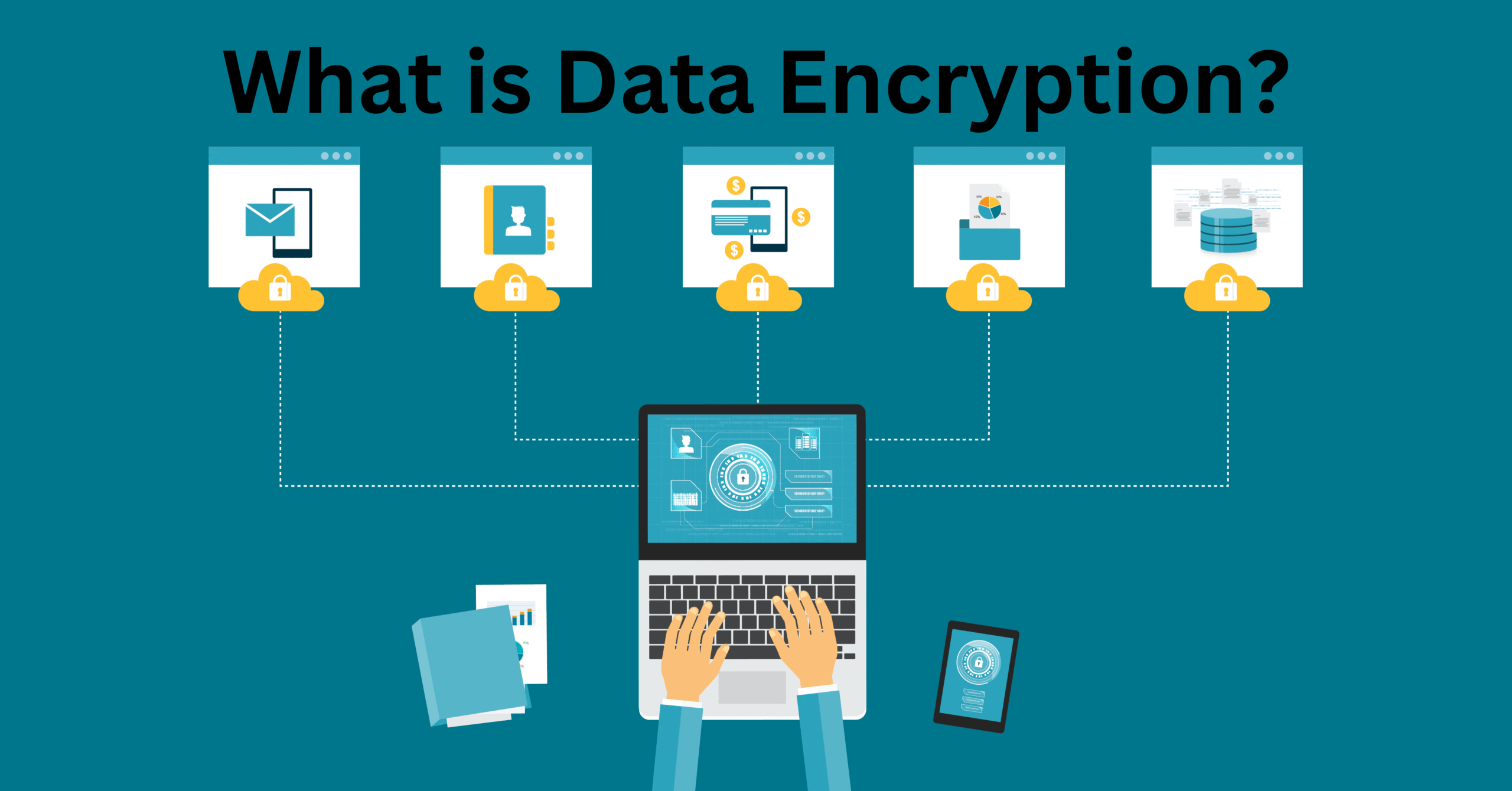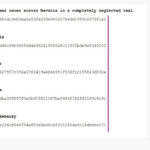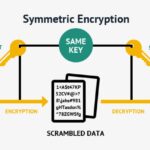In the contemporary digital landscape, where the proliferation of technology intertwines deeply with daily life, it becomes imperative to scrutinize which types of data warrant the safeguard of encryption, especially from a Christian perspective that emphasizes the sanctity of personal information. Understanding the importance of data encryption begins with recognizing the vulnerability of sensitive information in the public domain.
Data encryption is the method of converting information into a secure format that can only be read or processed after decryption. This technique is crucial for maintaining privacy and is particularly significant for various types of content. Below is an extensive examination of key data categories that necessitate encryption while aligning with Christian ethical considerations.
1. Personal Identification Information (PII)
Personal Identification Information includes names, addresses, Social Security numbers, and other details that can identify an individual. From a Christian viewpoint, safeguarding such data reflects a commitment to loving one’s neighbor as oneself, adhering to the principle of respecting the inherent dignity of every individual. The unauthorized exposure of PII can lead to identity theft and result in significant emotional distress for victims, illustrating the ethical imperative to protect this form of information.
2. Financial Records
Financial records such as bank statements, credit card numbers, or investment details represent a core aspect of individuals’ lives. The Christian emphasis on stewardship and responsibility means that managing and protecting one’s financial information is not merely a personal concern—it aligns with the moral obligation to ensure that resources are used wisely. Encrypting financial data is a necessary measure to avert fraud and unintended financial ruin.
3. Health Information
With the advent of telemedicine and digital health records, the protection of health information has never been more vital. According to Christian ethics, caring for one’s body is integral to spiritual well-being, and safeguarding health data is essential in maintaining dignity and confidentiality in medical dealings. Personal health information can be exceedingly sensitive; unauthorized access can lead to discrimination or stigma. Therefore, employing encryption measures resonates with the Christian commitment to bodily integrity and compassion.
4. Confidential Communication
Whether in personal conversations or correspondence related to church affairs, the confidentiality of communication deserves respect. Emails, messages, and other forms of communication can reveal intimate, personal thoughts or sensitive theological discussions. Blockchain technology and various encryption methods can be leveraged to protect these discussions against prying eyes. Christians are encouraged to speak truthfully and protect each other’s confidences, emphasizing the value of private discourse in cultivating trust and community.
5. Educational Records
Academic records, including transcripts and assessments, are data that should be securely encrypted. In Christian communities, education is valued as a means of developing the mind and spirit, which underscores the importance of keeping student information safe from unauthorized access. Protecting educational records assists not only in safeguarding individual privacy but also in upholding academic integrity and the trust placed in educational institutions.
6. Digital Content Creation
As creativity flourishes in the digital realm, individuals and organizations produce a vast array of content, including literature, music, and art. This creative output often contains original ideas and proprietary information requiring protection. Christians are called to honor the gifts of creativity and to respect the work of others. Thus, encrypting creative data not only guards against theft but also ensures that copyright and intellectual property rights are preserved, reflecting the Christian value of justice.
7. Religious and Ministerial Records
Churches and faith-based organizations collect various data, ranging from member databases to sensitive correspondence among leaders. Protecting this information through encryption is not only a matter of legal compliance but also a demonstration of care for community members’ privacy—akin to fulfilling the biblical mandate to be good stewards of the entrusted responsibilities. Such diligence fortifies community trust and reinforces the moral fabric essential for supportive fellowship.
8. Government and Legal Documents
Critical legal documents, government records, and contracts hold significant weight in ensuring justice and order within society. From a Christian ethical standpoint, integrity and adherence to the rule of law are paramount. Therefore, encrypting such documents is essential, shielding them from distortion or unauthorized alteration, thereby upholding fairness and righteousness in all dealings.
9. Sensitive Business Information
In the corporate sphere, sensitive business data, such as proprietary algorithms, client lists, and strategic plans, must be safeguarded with the utmost care. A Christian perspective emphasizes honesty in business practices; therefore, protecting vital commercial information reflects commitment to ethical conduct and conscientious stewardship. Encryption acts as a bulwark against competitive erosion and showcases respect for the legitimate interests of all stakeholders.
In conclusion, the scope of data that necessitates encryption is extensive and multifaceted, permeating various aspects of personal and communal life. The Christian perspective offers a framework for understanding the ethical imperatives underlying the protection of sensitive data. By employing encryption judiciously, individuals and organizations alike can honor their commitments to others, preserve dignity, and foster a culture of trust that aligns with their beliefs. The conscientious choice to encrypt not only protects information but also reflects a deep-seated respect for one another—a cornerstone of Christian ethics.








Leave a Comment